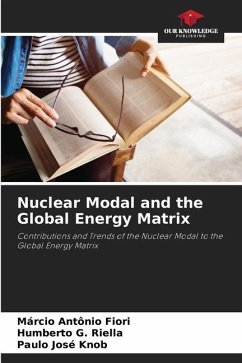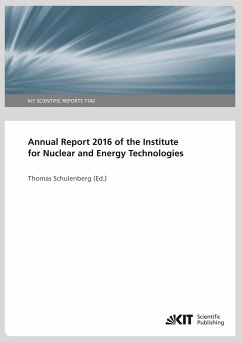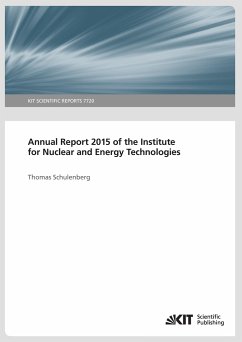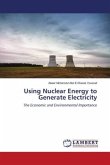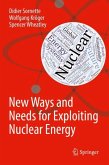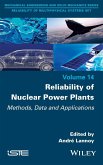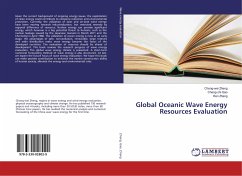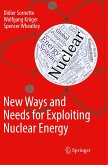Environmental and reactor operating safety issues have evolved and new reactor technologies are now available for new nuclear power plants. Over the last two decades, reactor manufacturing countries have invested increasingly in technologies related to operating safety and environmental safety and, as a result, the new reactors already in operation and in the design improvement phase are already equipped with fault-free systems. In this article we show that South American countries have ignored this global trend. They have not invested in their few operating nuclear generation units, which has made them technologically obsolete and less efficient than the current plants in operation around the world. The authors do not present a destructive critique, but rather a collection of information organised to show that South America, especially Brazil, is moving in the opposite direction to the global trend in the use of nuclear power for electricity generation.
Bitte wählen Sie Ihr Anliegen aus.
Rechnungen
Retourenschein anfordern
Bestellstatus
Storno

